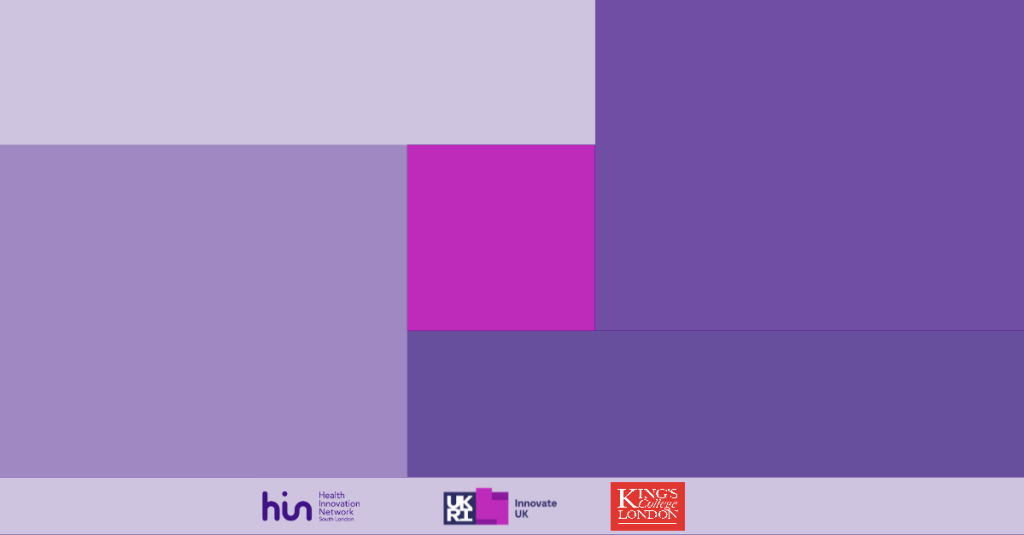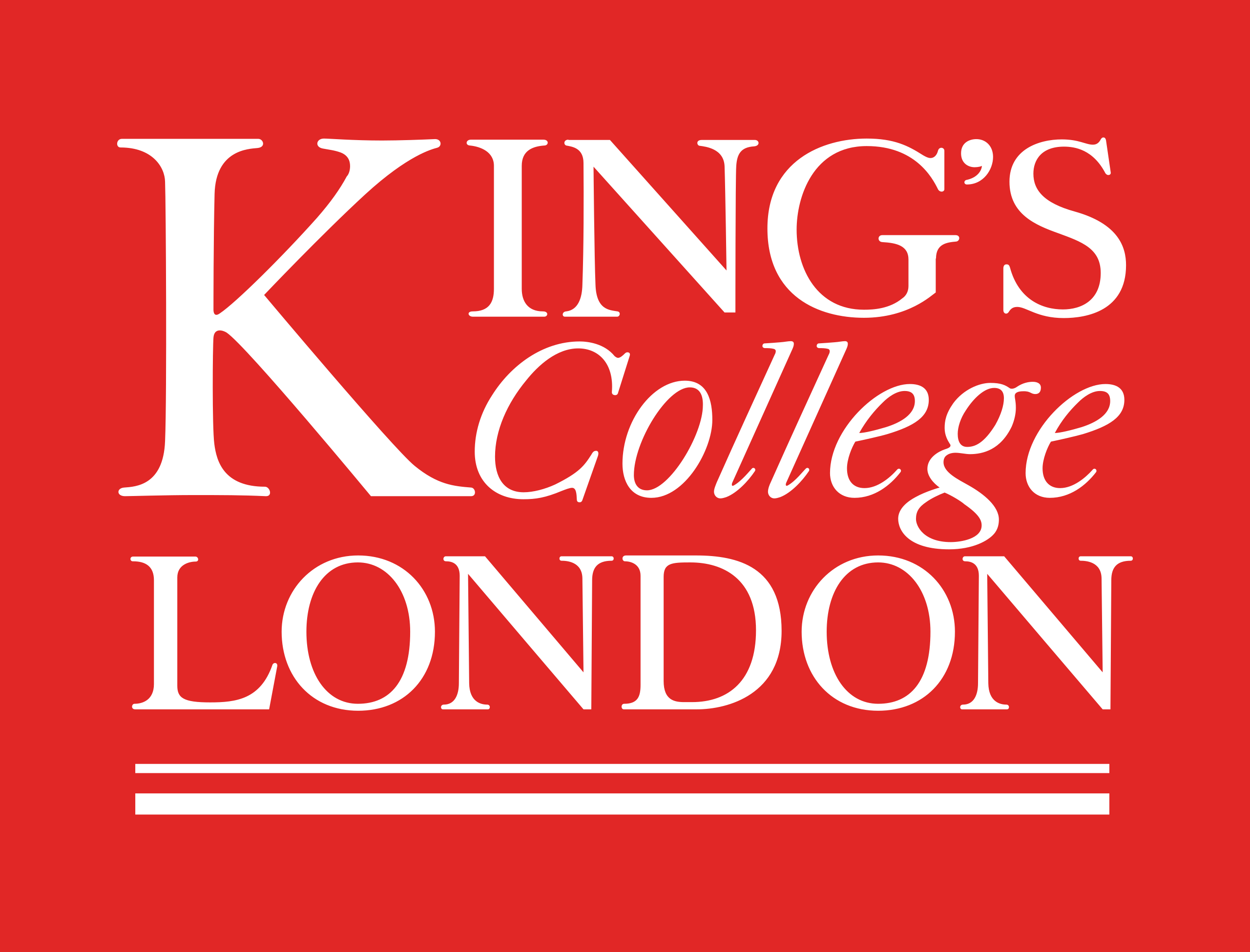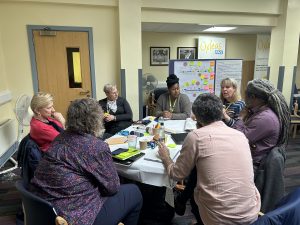Mindset XR Module 20: Case studies

• Medical regulation
• Lived experience involvement
• Research and clinical evidence
Outline
Illuminating a joyless life: A transdiagnostic approach to anhedonia
VR therapy sessions for people with psychosis
Avatar therapy for distressing voices
Illuminating a joyless life: A transdiagnostic approach to anhedonia
Summary
Research
From qualitative interviews and other work, mechanisms have been identified that contribute to anhedonia.
Testing
The VR environment can be used as a scenario to test whether people experience more pleasure when these mechanisms are targeted.
Use of VR
If successful, VR can be used in therapeutic work and other situations where there is a loss of pleasure.
Results
This case study shows that an assessment tool can move the field forward as it allows us to measure responses through targeting mechanisms.
VR therapy sessions for people with psychosis
Summary
Pilot trials
These are important to assess the feasibility and acceptability of an intervention.
Research outcomes
Pilot trials can test the procedure, recruitment and study design but not efficacy.
Improvements
Pilots can provide ideas for improving research procedures and proposed therapy.
Results
Researchers should have clear criteria for pilots. Once satisfied, they should move on to an efficacy trial.
Avatar therapy for distressing voices
Summary
Use of Avatars
Avatars can be used by mental health patients to embody distressing voices.
Pilot study
In 2013, a proof of concept for the method was developed. Then followed a pilot study. Validated measures were collected and the research identified encouraging signals.
Randomised Control Trials
Two RCTs were then carried out. Assessments were conduct at baseline, 12 weeks and 24 weeks.
Findings
Findings from the Avatar 1 RCT showed the therapy demonstrated a significant reduction in voice severity and distress at the primary time point compared to the control group. Data collection of the Avatar 2 trial has been completed but the results have not been published yet.



